PLAY THERAPY
Play therapy has proven equally effective across age, gender, and presenting problems.. Additionally, positive treatment effects were found to be greatest when there was a parent actively involved in the child’s treatment.
Play therapy has proven equally effective across age, gender, and presenting problems.. Additionally, positive treatment effects were found to be greatest when there was a parent actively involved in the child’s treatment.
Children don’t have the same cognitive ability as an adult to say what’s bothering them. The problem could be a behavioral issue, psychological issue, or maybe even medical. No matter what the problem is, they need a way to discuss it. Children can work on issues that are distressing to them, can play out issues of what the future will be, and can talk about trauma. If it’s too hard to put into words, they can work on it with play. Play therapy helps children become more responsible for behaviors and develop more successful strategies, develop new and creative solutions to problems, develop respect and acceptance of self and others, learn to experience and express emotion, cultivate empathy and respect for thoughts and feelings of others, learn new social skills and relational skills with family, and develop self-efficacy and thus a better assuredness about their abilities. If you believe you or your child would benefit from learning about play therapy, it may be time to reach out.
Treatment at CARE Counseling using play therapy may include working toys or activities that allow the child to explore complex emotions and tell their story through objects they interact and play with. Additionally, caregivers may be part of the process whether they are directly in the treatment and working on modifying how they interact with the child at home or the whole family is participating in family play therapy. Whatever the level of involvement of the family members, they typically play an important role in the child’s healing.
During play therapy, the therapist and the child engage in pretend play, games, arts and crafts, storytelling, and other forms of creative expression. Throughout the session, the child has the freedom to play in a way that feels natural for them, and the therapist collaborates with the child to help them make meaning and learn new skills. In addition to play therapy, therapists usually meet with the client’s parents or legal guardians to teach them new ways to connect with their child and help them understand their child’s behavior.
Play Therapy can help normalize clients’ symptoms and provide a safe place to communicate difficult feelings with support from a therapist.
In play therapy children have a space to express difficult emotions, make sense of events in their life, and gain self-esteem. Children feel more connected to others and feel less overwhelmed by their feelings, resulting in fewer behavioral problems, anxiety, trauma symptoms, or relationship issues. Read More about Play Therapy
Play therapy is typically appropriate for children ages 3 to 12, and it can be used to help children with a variety of concerns, such as depression, anxiety, stress,adjustment to life changes, academic difficulties, trauma, and more.

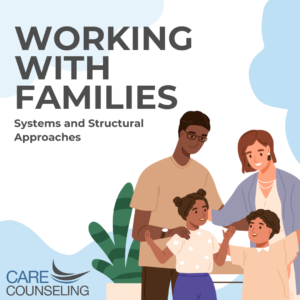
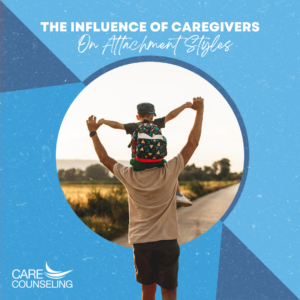
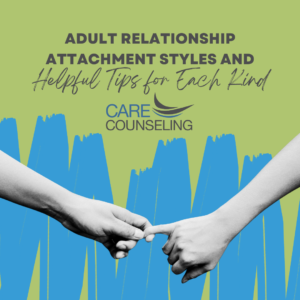
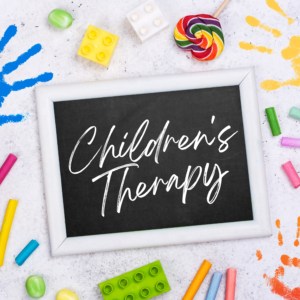
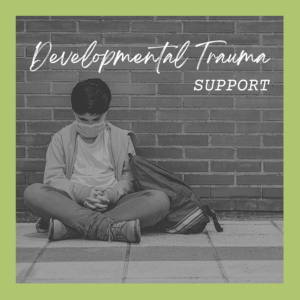
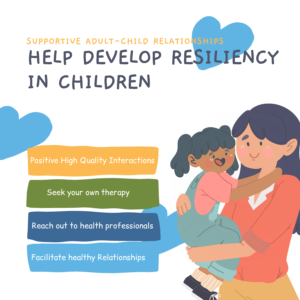
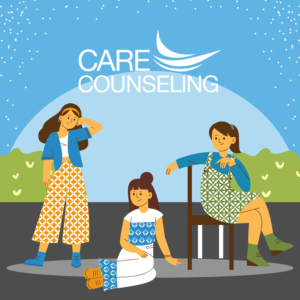
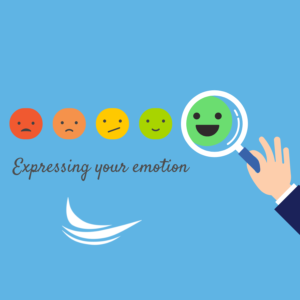
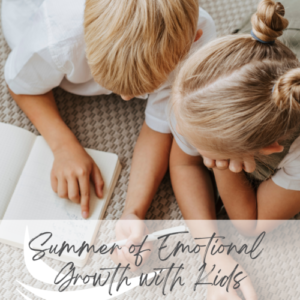
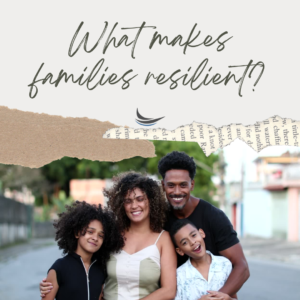
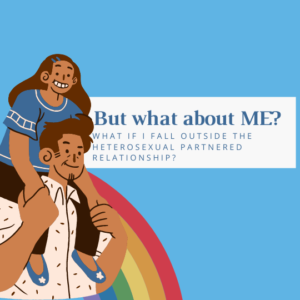
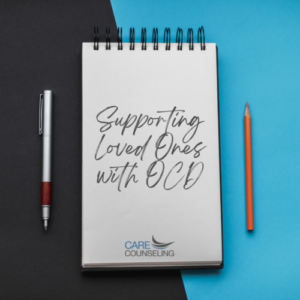
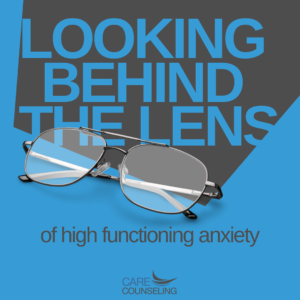
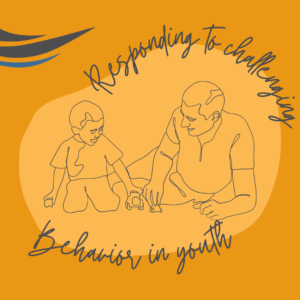
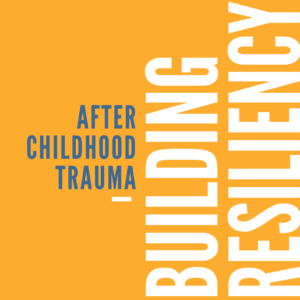
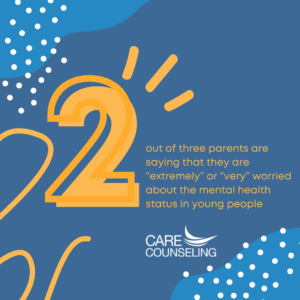
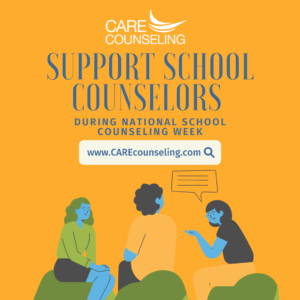

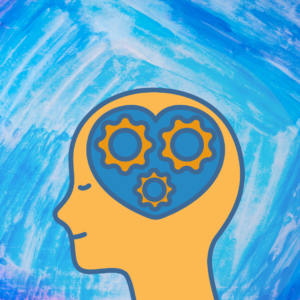
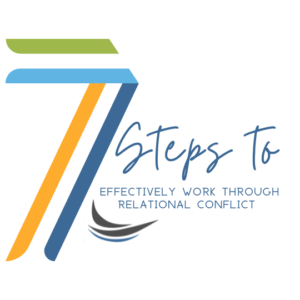
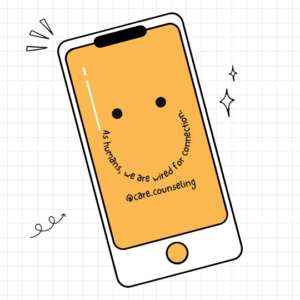
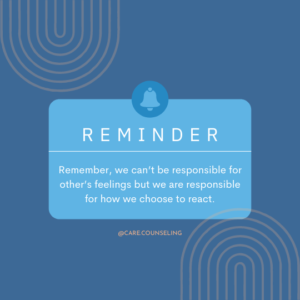
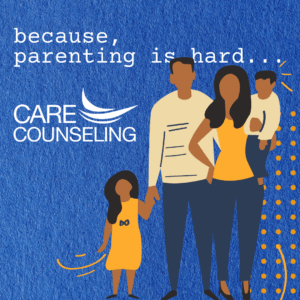

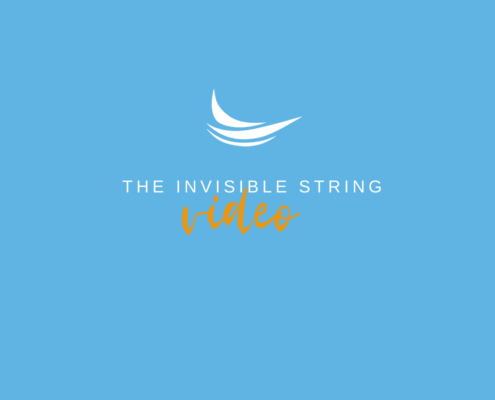
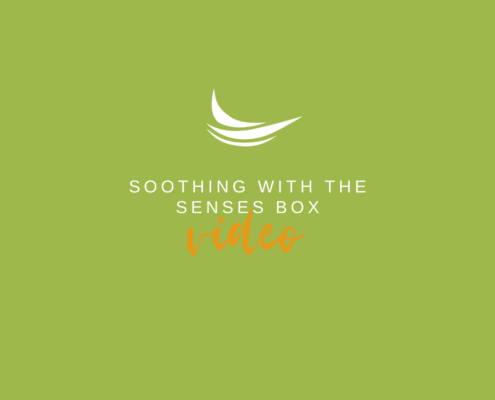
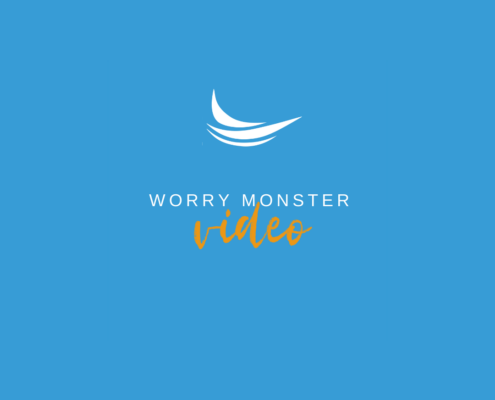
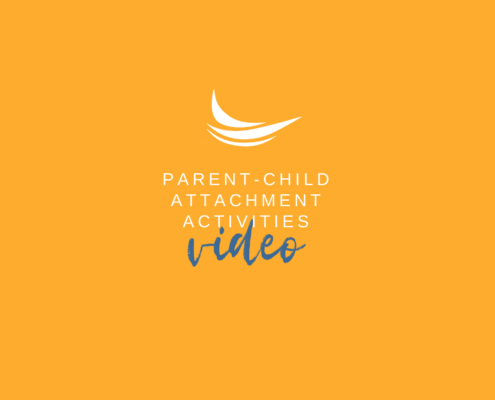
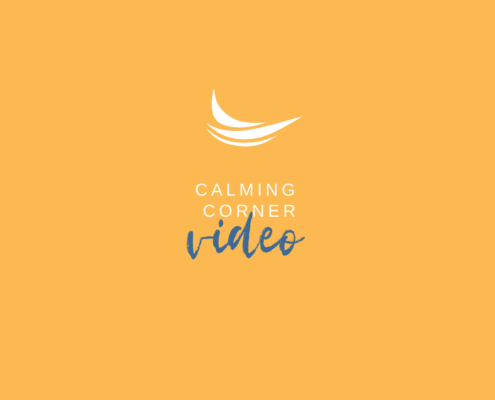





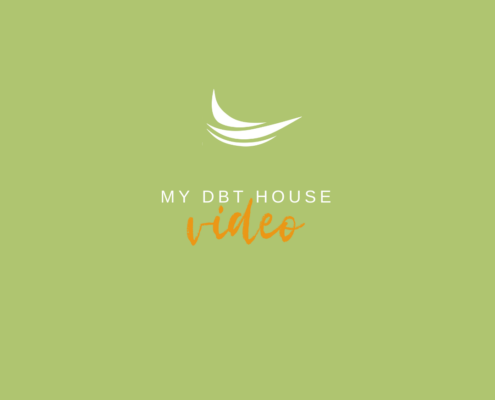
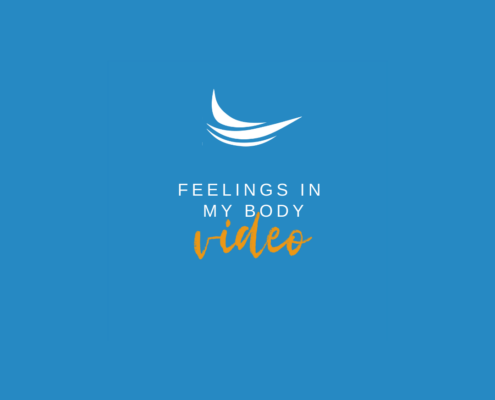

Edina : 3601 Minnesota Dr., Ste.575, Edina, MN 55435
Bloomington : 7400 109th Street West, Bloomington, MN 55438
Loring Park : 310 Clifton Ave, Minneapolis, MN 55403
Mankato : 501 N Riverfront Dr, Mankato, MN 56001
Maple Grove : 11671 Fountains Dr Suite 200, Maple Grove, MN 55369
Mendota Heights : 1155 Northland Dr., Mendota Heights, MN 55120
Minneapolis : 204 W Franklin Ave, Minneapolis, MN, 55404
Plymouth : 4100 Berkshire Ln N, Suite 250, Plymouth, MN 55446
St. Louis Park : 7601 Wayzata Blvd, Minneapolis, MN 55426
Woodbury : 8980 Hudson Boulevard North, Lake Elmo, MN 55042
(833) 972-1118
Please contact our billing provider (877) 299-5426
Monday – Thursday 8am – 5pm
Friday 8am – 3pm
